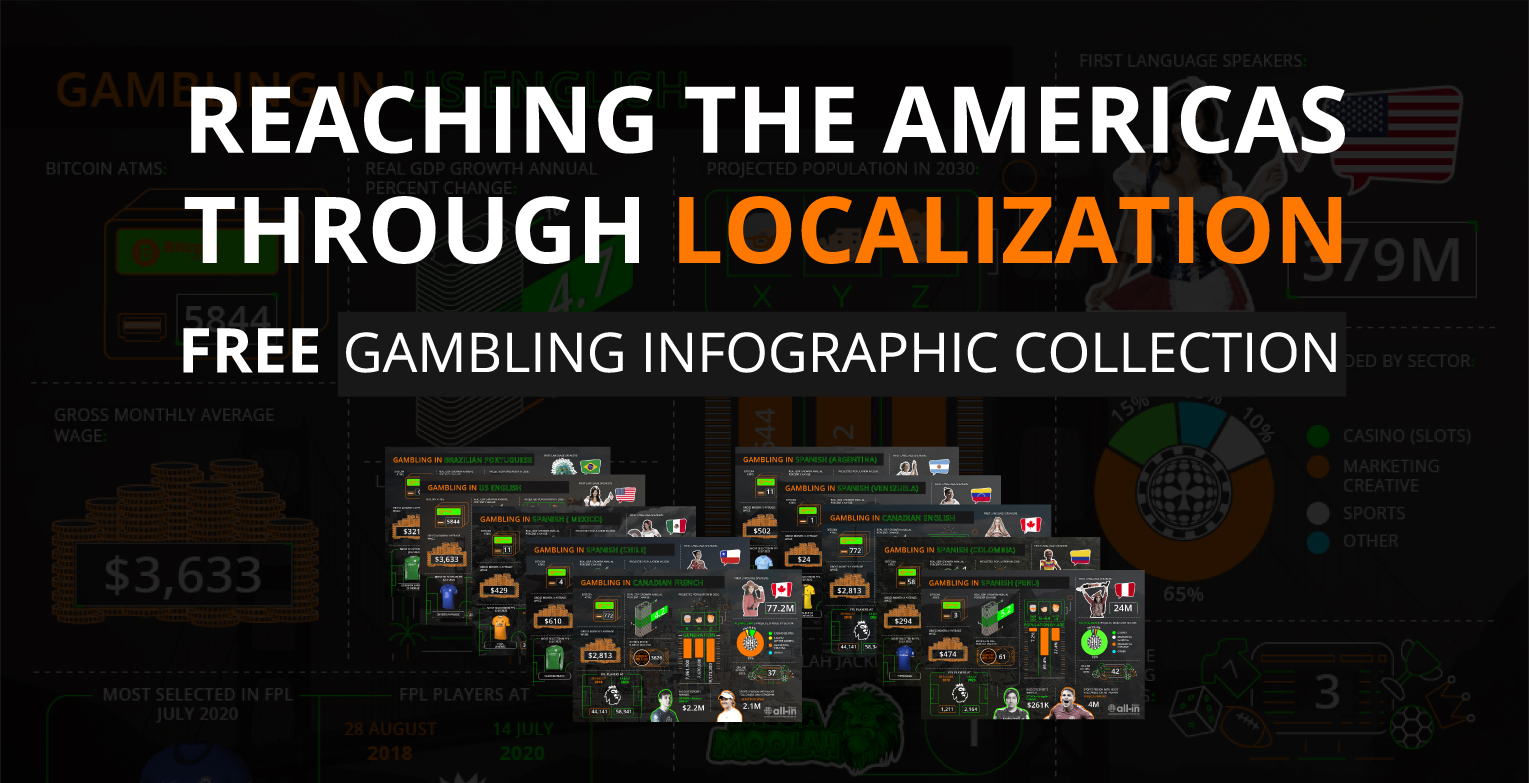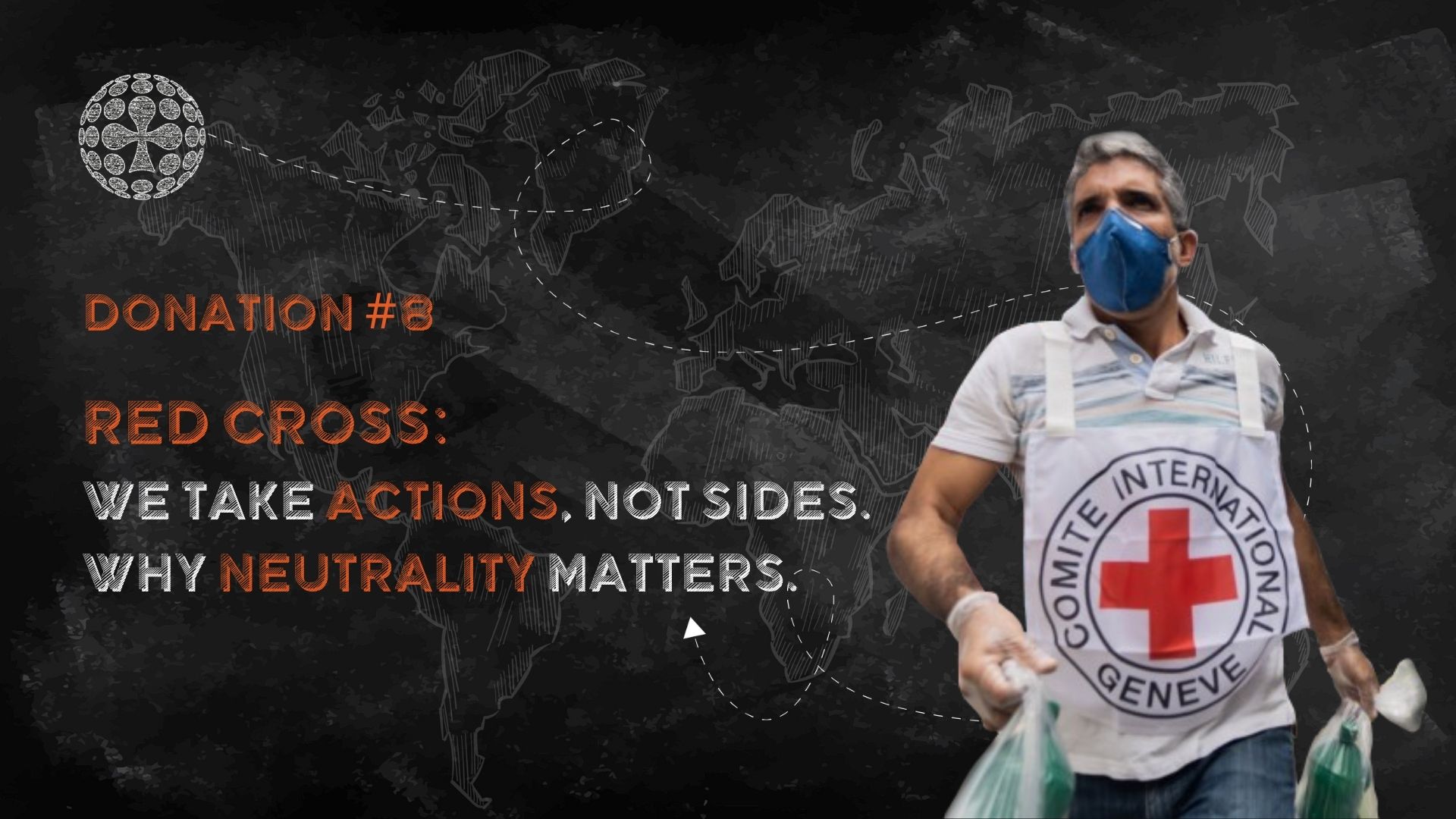
Wed Dec 20th / All-in Global
“WE TAKE ACTIONS, NOT SIDES”. WHY NEUTRALITY MATTERS
At All-in Global, our commitment to ongoing social responsibility is focused on educating children in impoverished communities. However, there are times when exceptions are warranted.
Being deeply concerned about the current global situation, we have chosen to redirect our efforts by dedicating our Christmas donation to support those who may not be feeling festive at this time.
After closely following the Red Cross’s efforts in war-torn countries, we have decided to make our next donation, #8, to them.
IMPARTIALITY AND NEUTRALITY
Central to the Red Cross’s mission is the principle of neutrality: they refrain from taking sides, by focusing on humanitarian protection and assistance to victims of armed conflicts.
“In times of war, neutrality is not indifference. It is a deliberate way of working to be able to help without taking sides, allowing us to reach those who need it most”, states the Red Cross.
INTERNATIONAL HUMANITARIAN LAW
The International Committee of the Red Cross (ICRC) operates based on the principles of the Geneva Conventions of 1949, promoting respect for international humanitarian law and its implementation in national law.
International Humanitarian Law (IHL) is the set of international rules that regulates the behaviour of parties involved in armed conflicts and aims to protect all victims, whichever side they are on. Its fundamental principle dictates that people must be treated humanely and given access to medical assistance and aid at all times.
The ICRC conducts its work guided by the principles of humanity, neutrality, impartiality, and independence. This ensures that assistance is provided solely based on humanitarian needs, without taking sides in conflicts.
For us, neutrality is our method to talk to parties, to build trust… Without this trust, we can’t continue to carry out these lifesaving operations, explains Cordula Droege, ICRC’s Chief Legal Officer.
ON THE GROUND
Dr. Tom Potokar, surgeon at the ICRC, provides live updates on the team’s work at the European Gaza Hospital through the official Red Cross Twitter account. Despite challenges such as limited resources and electricity shortages, the team continues to assist severely injured patients, including young children rescued from rubble.
“We are running out of anaesthetic and analgesic drugs. The staff, both ourselves and the local staff here are getting very worn out. The living conditions are very basic. There’s not much food. … But of course, it’s nothing compared to what the people here are suffering at this moment.”, Dr. Potokar says.

As a neutral intermediary between warring parties, the Red Cross plays a vital role in reuniting families during armed conflicts. Recent efforts include a multi-day operation facilitating the release and transfer of Israeli hostages and Palestinian detainees while delivering additional humanitarian assistance.
“The deep pain that family members separated from their loved ones feel is indescribable. We are relieved that some will be reunited after long agony. Our deep desire is for all hostages to be released, and that civilians be shielded from the pain and suffering that armed conflict brings”, says Fabrizio Carboni, the ICRC’s regional director for the Near and Middle East.

Gilles Carbonnier, Vice-President of ICRC, highlights the organisation’s support in over 100 armed conflicts worldwide, emphasising their role in protecting and assisting civilians.
Since the military escalation of the Nagorno-Karabakh conflict, ICRC teams have been actively engaged in the protection of people who are either leaving or choosing to stay. Their efforts ensure access to food, healthcare, water, energy and heat, all while maintaining and restoring contact between separated family members.
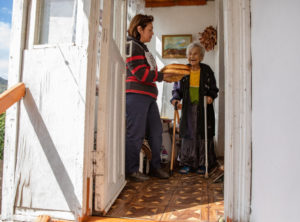
ICRC workers assist civilians caught in the conflict, like Kamo Hayrapetyan, who stayed in an empty shopping centre. Hayrapetyan says, “they come to visit us, checking how we are doing and even bringing humanitarian aid in boxes. There are many things inside, including butter and bread. They help how they can.”
Throughout the conflict, the ICRC successfully evacuated over 200 wounded and sick patients and delivered 66 metric tons of wheat, medical supplies, 28,000 diapers, and 1,500 litres of fuel to power generators at medical facilities. The Red Cross teams also played an essential role in helping civilians stay connected, receiving over 2,500 individual visits and phone calls at their offices from families searching for their loved ones and willing to get information.

RUSSIA-UKRAINE INTERNATIONAL ARMED CONFLICT
Over the past year, the ICRC has responded significantly to the Russia–Ukraine International Armed Conflict by providing various forms of support, including:
- Donation of 5,580+ first aid kits to the National Police, essential service providers, and education institutions.
- Equipment, consumables, and medicines for 18 primary healthcare facilities to enhance care services for vulnerable people in affected areas and those close to the frontline.
- Training for 934 psychologists, medical staff, and volunteers to support families of the missing.
- Distribution of 188,000+ insulin vials and cartridges.
- Support to 15 hospitals treating wounded patients in regions close to the frontline.
- Monthly donations of equipment, consumables, and medicine to hospitals in Donetsk, Dnipropetrovsk, Kharkiv, Kherson, Mykolaiv, and Kyiv.
- Ad-hoc support to 55 hospitals to respond to emergencies and increased needs.
- Winter clothes, blankets, and medical items, including glasses, crutches, medical corsets, and wheelchairs, for over 8,000 detainees.
- Improved living conditions for 6,500+ detainees in 16 places of detention.
- Support for families of detainees and Prisoners of War (PoWs) facing loss of income.
- Distribution of 421,700+ food and hygiene parcels.
- Provision of 50,600+ essential household items.
- Delivery of 1,954 tons of hard fuel and 3,355 stoves.
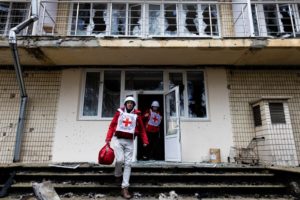
Human stories, like that of Artur Sakhno, a farmer injured by a landmine, underscore the challenges faced by civilians, particularly those in agriculture near conflict zones. The ICRC utilises AI technology to detect landmines, addressing the heightened risk in mine-affected countries.
“We were driving to the field and hit a mine. I was in the driver’s compartment and had to free my leg. The guys ran up and helped me get out. Many thanks to them because the harvester then caught on fire. If I had gone alone, who knows what would have happened to me,” Artur Sakhno said.
EVEN WARS HAVE RULES
International humanitarian law outlines the rules of war, aimed to protect civilians during armed conflicts. These rules set out what can and cannot be done in times of war, with the main goal of maintaining humanity, saving lives, and reducing suffering.
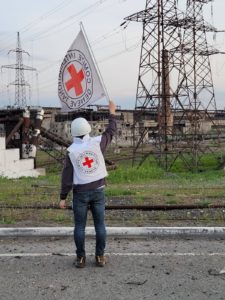
The four fundamental principles that the rules of war stipulate regarding civilians are:
1. Civilians cannot be targeted.
2. Civilians cannot be used as human shields.
3. Civilians must have safe passage to flee.
4. Humanitarian organisations must have access to deliver aid to civilians.
At All-in Global, we have always adhered to the principle of equality, regardless of gender, ethnicity, race, age, and religious or political beliefs. This commitment propels us to support organisations that offer hope to those living in war-torn countries: men, women, and children worldwide who are caught in these conflicts and other crises.
Discover our other recent contributions here:
Shanti Bhavan – free education is provided from this school for India’s impoverished children who otherwise might not have access to studying.
Trash Hero – an organization with over 162 chapters throughout the world that’s removed over 2 million kg of waste from beaches and cities up to date.
Hand to Hand – the organisation led by Erik Smith, a pioneer in the iGaming industry who put efforts into supporting Ukrainian refugees.
The Power of Small Acts – Ana Luiza Narvaez from Buenos Aires, Brazil is making a difference where she can through volunteering and animal welfare while we assist her with her university education.





